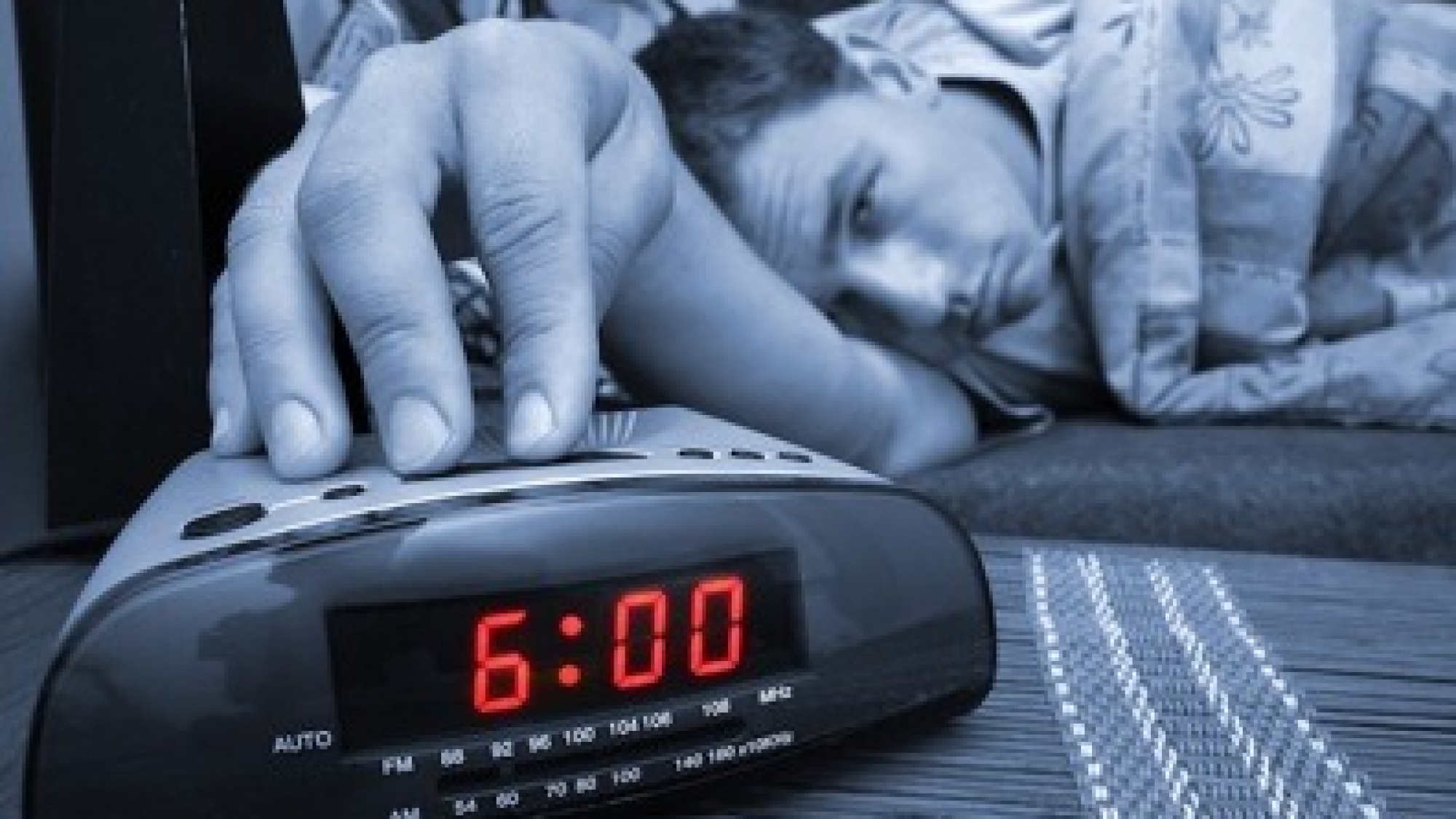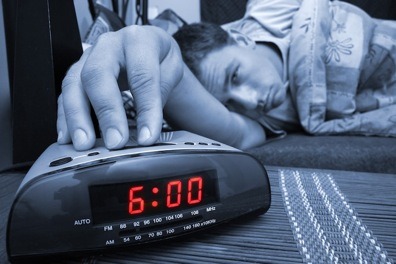Are you getting enough zzzz’s?
Were you cranky when your alarm went off this morning? Your body is probably still adjusting to the shift to Daylight Savings Time. Many of you are not getting enough sleep to begin with, and you just lost an hour of sleep when you sprang ahead on Sunday morning.
Like every other creature in nature, our physiology was designed to go to sleep when the sun sets and to get up when the sun rises. Of course, we haven’t done that since Edison invented the light bulb, but that is not very long ago in terms of human history. There are peaks and valleys in sleep patterns, so our bodies still perform best if we go to sleep before ten in the evening and get up before eight in the morning. You may find that if you stay up until midnight, you can’t go to sleep because your hormone curve is reaching its peak and your body has the juice to stay awake. Children and teens who stay up playing video games past midnight, and need to get up early for school, will be nodding off in class.
The amount of sleep you need is very individual and changes throughout your life. Maybe you needed 10 hours when you were in your teens, but in your forties you only need nine (although with kids and work, you probably only get six or seven). People who have a lot of the “air” quality in Ayurveda medicine will need less sleep in middle age, while those who have a lot of the “earth” quality will likely need more.
We start our sleep deprivation when we are pre-teens or teenagers, and by the time we are in our twenties or thirties, we may have built up quite a bit of sleep deprivation. There’s an easy way to test how close you are to sleep bankruptcy:
Let’s assume you have to get up at six or seven to go to school or work and you set an alarm because you don’t wake up naturally at that hour. Go to bed 10 minutes earlier. If you normally go to bed around 11, go to bed at 10:50—just ten minutes earlier—and leave your alarm set for your normal wake-up time. Do that for 3 or 4 nights. If the alarm is still necessary to wake you up, go to bed 10 minutes earlier, so now your bedtime is 10:40. After a few more days, try hitting the pillow at 10:30. It may take a month or two for you to find what time you need to go to bed so your body wakes up naturally at the right time without setting an alarm. Then you know that you are getting enough sleep.
Here’s a major tip: turn off the TV an hour before bedtime or you will have a lot of trouble dropping off to sleep. The moving images on television stimulate a part of our brain that takes a minimum of an hour to settle down. If you are going to program yourself to go to sleep at ten, you have to turn the TV off at nine. With Hulu.com, you never have to miss a single show!
And sorry, but computer images affect our brain the same way as the TV does. We need an hour of no electronic activity before bed. Spend that hour reading or taking a warm bath.
You will feel so much more joyous about your life if you get enough sleep. If you have to stay up late, go out or work late, it is best to maintain your normal wake up time rather than sleeping in, and then take a nap later that day. A nap, by definition, is always less than an hour and can be as short as 10 minutes. If you want to nap for more than 20 minutes, it is best to do that as early in the day as possible, preferably before noon.
I really want to encourage power naps, one of the best ways to refill your sleep bank. President Kennedy used to take three or four 10-20 minute power naps a day. Train yourself to go to sleep easily in a chair, maybe at your desk at home or at work. If you’re exhausted on the way home from work, pull off the road, turn off the car, shut your eyes, and nod off for ten minutes. This will give you the equivalent of an hour of deep sleep in the middle of the night.
In the meantime, enjoy that extra hour of sunlight in the evening. Now there’s no excuse for not taking a brisk walk after dinner!


